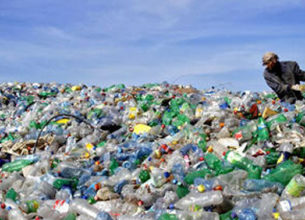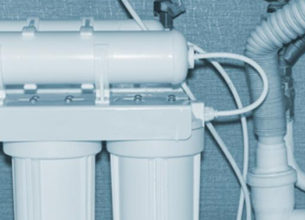COAL PLANTS FACE IRE OF CPCB FOR FAILING TO CURB POLLUTION
08, Feb 2020

Prelims level : Pollution and Waste Management
Mains level : GS-III Conservation, Environmental Pollution and Degradation, Environmental Impact Assessment.
Why in News?
- The Central Pollution Control Board (CPCB) has pulled up 14 thermal power plants for not complying with a December 31, 2019 deadline to limit Sulphur Dioxide Emissions.
Highlights:
- Thermal power plants are also one of the biggest contributors to the global nitrogen oxide levels.
- Nitrogen oxides are known to present visibility and respiratory issues, and they can also combine with other atmospheric gases and moisture to form acid rain and smog.
- To limit particulate matter, sulphur dioxide and nitrous oxide emission from thermal plants, India put in place a phased-approach that directs 440 coal-fired units to put in place measures to limit pollution by December 2022.
- Some of them claimed to have set in place the process for acquiring flu-gas desulphurisation technology where as others said they were yet to award tenders.
- Only one of these plants has actually implemented technology to limit emissions.
- As per Centre for Science and Environment (CSE) estimates, these norms can help reduce PM emissions by about 35%, NOx emission by about 70%, and SO2 emissions by more than 85% by 2026-27.
Central Pollution Control Board:
- The Central Pollution Control Board (CPCB) of India is a statutory organisation under the Ministry of Environment, Forest and Climate Change (Mo.E.F.C). It was established in 1974 under the Water (Prevention and Control of pollution) Act, 1974.
- The CPCB is also entrusted with the powers and functions under the Air (Prevention and Control of Pollution) Act, 1981.
- The board conducts environmental assessments and research.
- It is responsible for maintaining national standards under a variety of environmental laws, in consultation with zonal offices, tribal, and Local Governments.
- It has responsibilities to conduct monitoring of water and air quality and maintains Monitoring Data.
National Green Tribunal (NGT):
- It is a specialised statutory body set up under the National Green Tribunal Act (2010) for effective and expeditious disposal of cases relating to environmental protection and conservation of forests and other natural resources.
- It draws inspiration from the India’s constitutional provision of Article 48A which assures the citizens of India the right to a healthy environment.
- With the establishment of the NGT, India became the third country in the world to set up a specialised environmental tribunal, only after Australia and New Zealand, and the first developing country to do so.
- The Tribunal comprises of the Chairperson, the Judicial Members and Expert Members. They shall hold office for term of five years and are not eligible for reappointment.
- The Chairperson is appointed by the Central Government in consultation with Chief Justice of India (CJI) and is usually a retired judge of the Supreme court.
- The Principal Bench of the NGT is in New Delhi. It has regional benches in Pune (West), Bhopal (Central), Chennai (South) and Kolkata (East).










